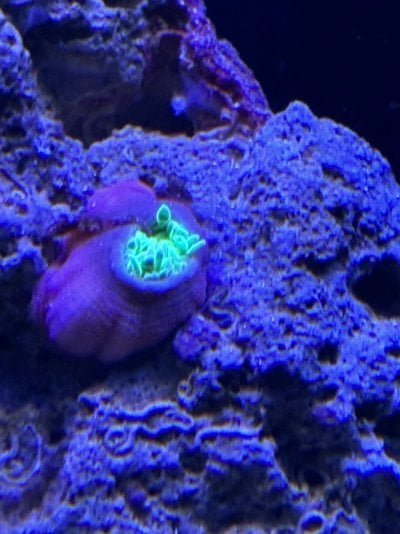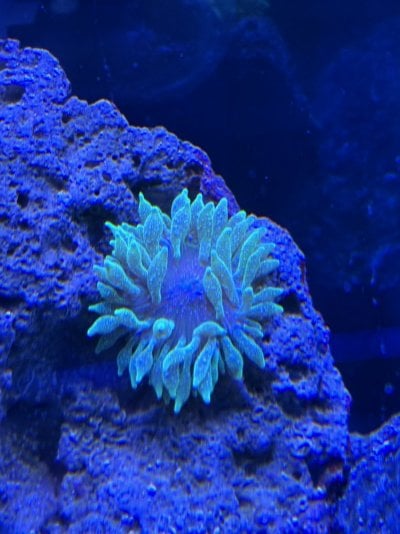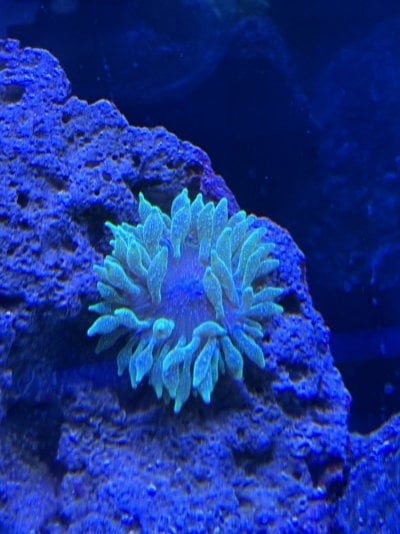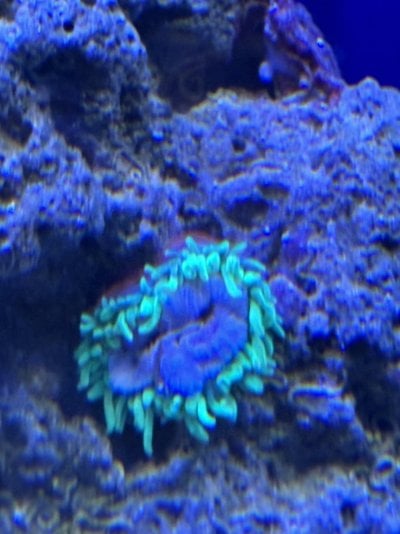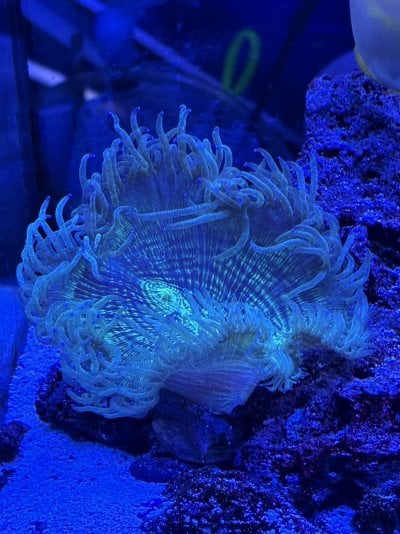Target feed every 2 days. smalls cuts from frozen calamari, shrimp octopus, muscles.
Regular feeding is prime reef flakes., pellets mysis. Weekly reef pulse for star polyps.
food is gone within a few minutes before restarting pumps.
I would feed every 2 days max, including if it catches flakes and what not. Here is a neat paper relating to feeding them. It takes 48ish hours for (at least these foods in the paper) to be processed.
Radware Bot Manager Captcha
iopscience.iop.org






